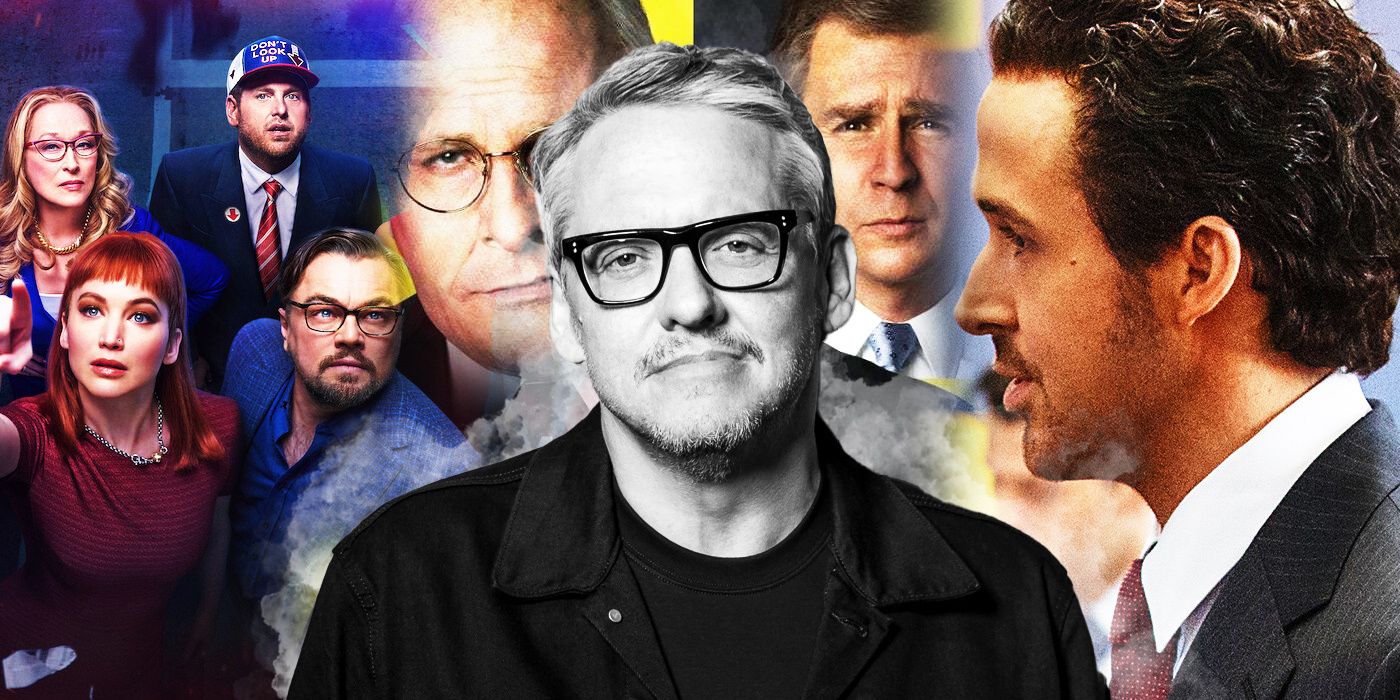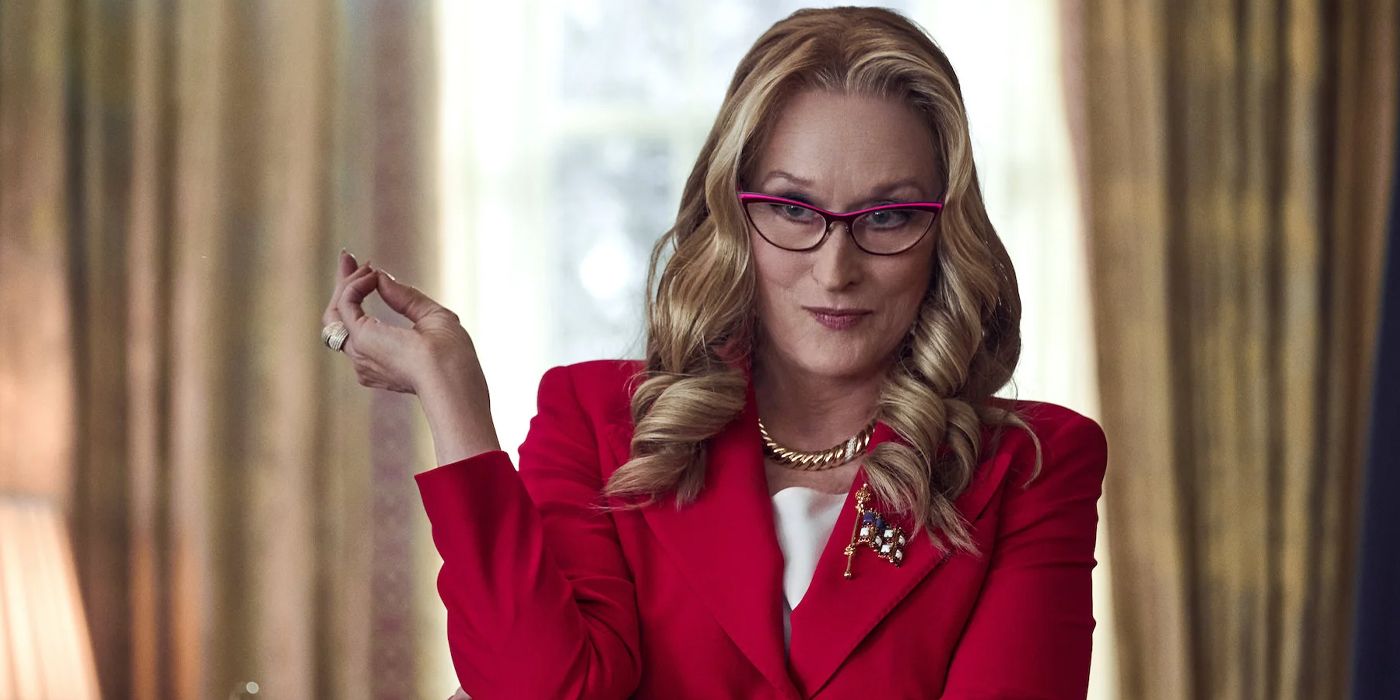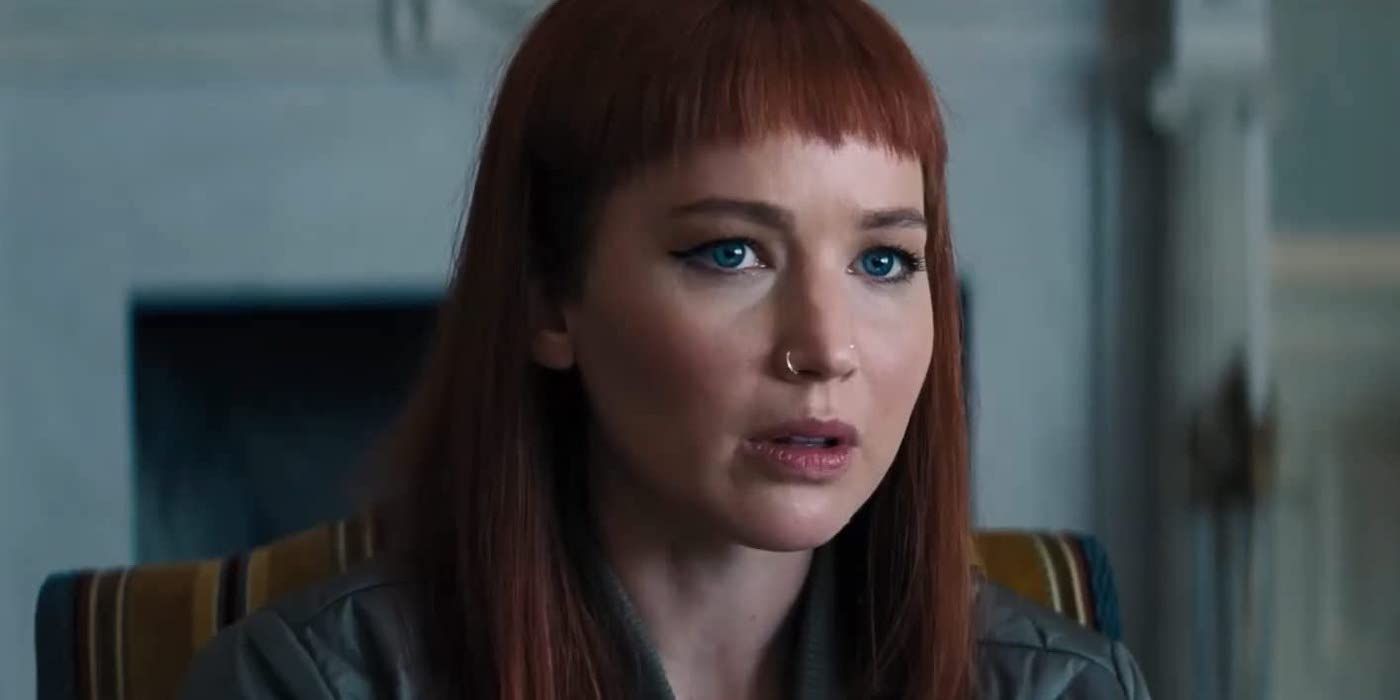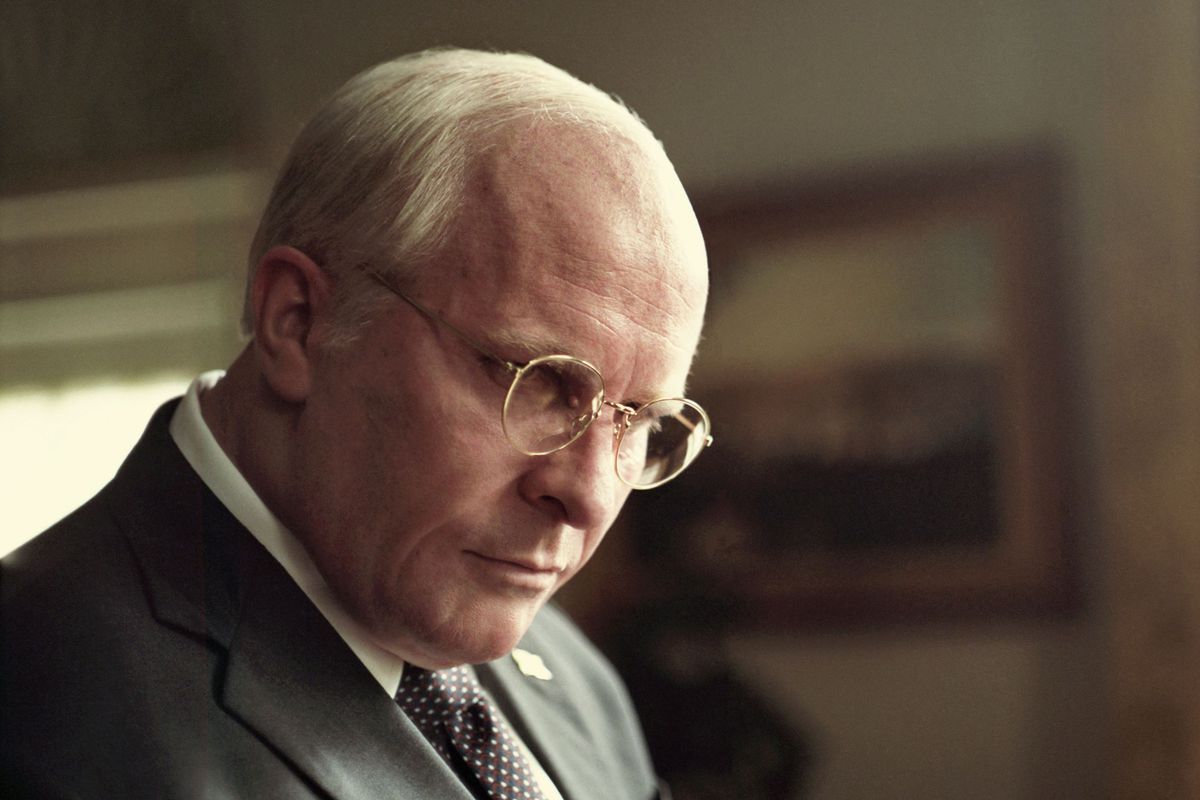In 1980, leftist historian Howard Zinn published the first edition of A People’s History of the United States, issued as a corrective against the reverent visions of American history offered by his contemporaries. Zinn’s America was not a land of freedom or opportunity, but a land of greed and inequality from its inception. It was colonized by brutal despots, designed to serve the interests of wealthy slave-owners, and allowed the rich to do more or less as they pleased to the poor. It’s hard to overstate the impact of A People’s History: it became one of the most popular history books ever written, paving the way for a more critical view of American history to reach the mainstream.
But A People’s History has also been subject to persistent criticism, and not just from right-wing pearl clutchers. Even fellow leftist historians took issue with Zinn’s bleak, pessimistic worldview, which reduced the entirety of American history to one great lopsided class war. To Zinn, every major event was engineered–or capitalized upon–by the wealthy elite for their own purposes. The Civil War was just a con job to distract the poor, and the New Deal provided the working class with little more than table scraps. These wealthy elites were manipulative, brutal, and invariably successful. Every rebellion was crushed, every challenge was thwarted, and every victory for the people was erased or watered down into uselessness. To Zinn, American history was one long Road Runner cartoon: the rich kept painting tunnels on the sides of mountains, and the poor kept running into them again and again.
The recent work of Adam McKay, like A People’s History, is intended at least in part to educate. At times, The Big Short and Vice feel like postmodern, R-rated episodes of Schoolhouse Rock!, breaking down the causes of the Great Recession and the destructive legacy of Dick Cheney in ways general audiences can digest. And while Don’t Look Up isn’t directly about the climate crisis, it uses its central allegory as a strident alarm bell, warning viewers about the dangers of complacency. But what hampers McKay’s movies, more than their much-discussed lack of subtlety, is their fundamental, Zinn-esque pessimism: a pessimism which, unlike A People’s History, compromises their educational effectiveness.
The dynamics in McKay’s movies fall along Zinn’s fault lines. The villains are rich, powerful, and utterly self-interested, like The Big Short’s smarmy finance bro Jared Vennett (Ryan Gosling) or Don’t Look Up’s cynical president Janine Orlean (Meryl Streep). They are callous opportunists with no principles of their own outside maintaining power. In Vice, Dick Cheney (Christian Bale) decides to be a Republican more or less on a whim when he gets to Washington, and his boss Donald Rumsfeld (Steve Carell) quite literally laughs in his face when Cheney asks him what he “believes.” (The real Cheney had conservative beliefs well before Washington.)
The heroes, such as they are, have less power and influence than the villains. The two most sympathetic characters in The Big Short, Mark Baum (Steve Carell) and Ben Rickert (Brad Pitt), are the most powerful of McKay’s heroes, but even they can only do so much in the face of giant banks and investment firms. (Accordingly, they’re also the least heroic, profiting off of the housing bubble collapse.) The closest thing Vice has to a hero is Kurt (Jesse Plemons), a blue-collar man who narrates the film and is eventually revealed to be the donor for Dick Cheney’s heart transplant. And in Don’t Look Up, Randall Mindy (Leonardo DiCaprio) and Kate Dibiasky (Jennifer Lawrence) are two obscure scientists warning of an apocalyptic comet strike, going up against the combined might of the government, tech billionaires, and the whole media complex.
They fail, of course. Good always fails in these movies. Big banks suffer only minor consequences for the financial crisis compared to the 99 percent, and go right back to business as usual. Dick Cheney gets everything he wants, and doesn’t regret any of his morally heinous actions. The comet hits Earth and will eventually kill off all life, and the wealthy elite venture off into space to colonize another planet. (A mid-credits scene reveals that those elites are themselves doomed to die, resulting in both the total extinction of humanity and the happiest ending of these three movies.)
This pessimistic worldview is not a problem in and of itself. After all, The Big Short and Vice were based on true events (the former more than the latter), and Don’t Look Up’s allegory, already quite flimsy, would fall apart entirely if the comet didn’t crash into Earth. And if McKay really does want these movies to serve a higher purpose, pessimism isn’t necessarily a fatal flaw. A People’s History, for all its cynicism, had a real effect on the way history is taught and understood today. It wasn’t the first history book to present such a critical view of America, but it was (and remains) the most popular, and it had a galvanizing effect on fellow leftist historians and non-academics who read it. It may not be a complete history, but it changed things for the better.
There are two crucial differences between A People’s History and McKay’s recent work. The first is that, when A People’s History was first released, it was a much-needed corrective against the historical mainstream, which still treated figures like Christopher Columbus and Andrew Jackson with kid gloves. The second is that, regardless of if Zinn believed the 99 percent could learn anything from history, he believed that the reader could. His tone was often strident, but he did not talk down to his audience. He had such faith in them, in fact, that he wrote an edition of A People’s History for children, where he invited them to “imagine the American people united for the first time in a movement for fundamental change.”
But 2022 is a very different time from 1980. Dour, exhausted cynicism is modern society’s lingua franca. Institutions are regarded with mistrust and contempt. More and more people believe that society will collapse in their lifetimes, and there has been a rash of suicides brought on by despair over climate change. In short, people feel as though they’re completely powerless: powerless to stop climate change, powerless to rein in capitalism, powerless to make their own lives better.
Adam McKay may not have intended it, but his movies tell those people that they’re absolutely right. They are powerless. They are weak, shallow, and easily fooled. They were left holding the bag when the Jared Vennetts of the world crashed the world economy, and if it happens again they’ll still be left holding the bag. They stood by while Dick Cheney schemed his way into unchecked power behind the scenes, and for a while they even cheered him on. They are kept calm and compliant by false reassurances and narcotizing entertainment, and by the time they look up and open their eyes it will be too late.
Maybe all of that is true, and maybe it isn’t. But when the movie is intended to shed light on the issues or spur people into action, that jaded, condescending outlook just makes real change seem impossible. The Big Short may have had Margot Robbie explain subprime mortgages to the audience drinking champagne in a bubble bath, but when even the film itself doesn’t expect you to do anything useful with it, what does it matter?




